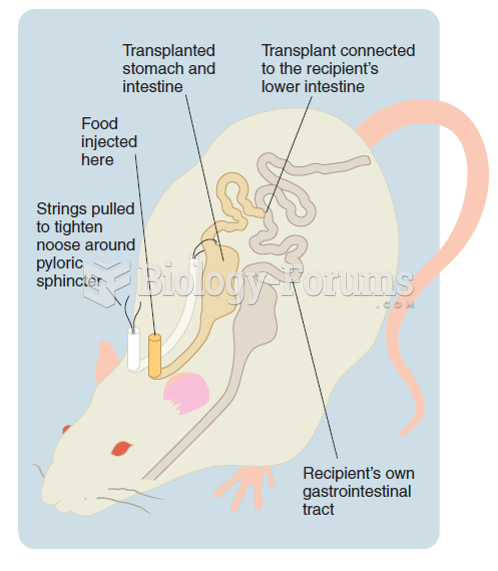|
|
|
Warfarin was developed as a consequence of the study of a strange bleeding disorder that suddenly occurred in cattle on the northern prairies of the United States in the early 1900s.
The FDA recognizes 118 routes of administration.
The first-known contraceptive was crocodile dung, used in Egypt in 2000 BC. Condoms were also reportedly used, made of animal bladders or intestines.
It is important to read food labels and choose foods with low cholesterol and saturated trans fat. You should limit saturated fat to no higher than 6% of daily calories.
Signs of depression include feeling sad most of the time for 2 weeks or longer; loss of interest in things normally enjoyed; lack of energy; sleep and appetite disturbances; weight changes; feelings of hopelessness, helplessness, or worthlessness; an inability to make decisions; and thoughts of death and suicide.
 This chart shows the various lines of responsibility and how they differ in presidential and parliam
This chart shows the various lines of responsibility and how they differ in presidential and parliam
 The microchip is transforming our lives—the way we shop, spend our leisure, relate to one another, ...
The microchip is transforming our lives—the way we shop, spend our leisure, relate to one another, ...





